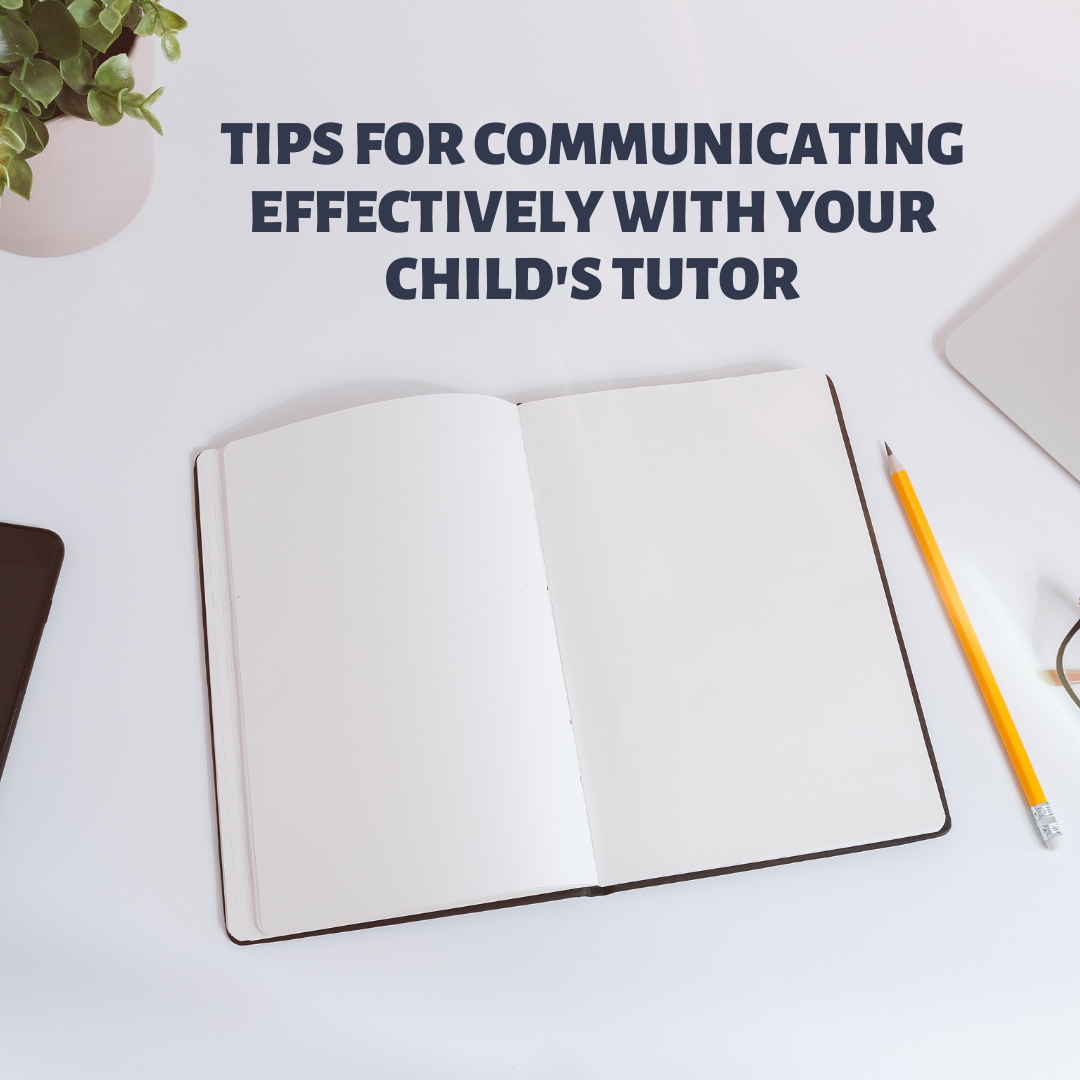
As a parent, you want to do everything you can to support your child’s education. One way to do that is by building a strong relationship with your child’s tutor through effective communication. A good tutor-parent partnership is key for ensuring your child gets the most out of their tutoring sessions. Here are some tips for communicating effectively with your child’s tutor:
Set Clear Goals and Expectations
When your child first starts working with a tutor, take time to discuss your goals and expectations. Let the tutor know what subject areas your child needs help with, what skills you want them to develop, and what level of improvement you hope to see. Ask the tutor to explain their methods and teaching philosophy so you understand how they plan to work with your child. Setting clear objectives upfront helps ensure everyone is on the same page.
Establish Preferred Communication Methods
Some parents prefer email updates while others like face-to-face conversations. Talk to the tutor about how often you would like to connect and what communication channels work best. Depending on their policies, many tutors are willing to provide email summaries after tutoring sessions or schedule regular parent-teacher conferences. Agreeing on frequency and channels for communication early on can prevent misunderstandings.
Share Insights About Your Child
As the parent, you have unique insights into your child’s learning needs, strengths and weaknesses. Provide the tutor with information about your child’s learning style, challenges with particular subjects, areas of interest, and motivations. This context helps the tutor customize their approach to get the best results. If your child has special needs, share relevant medical records and reports. The more background information you offer, the better.
Ask for Progress Updates
Check in periodically with the tutor to see how your child is progressing. Ask questions like: What subject areas is my child showing improvement in? What topics are they struggling with? Does my child actively participate in sessions? Is there anything I can do at home to reinforce what you are working on? Progress reports from the tutor let you track your child’s development and make adjustments if needed.
Give Feedback to the Tutor
Just as you rely on progress reports from the tutor, they will appreciate constructive feedback from you. Mention if you’ve noticed positive changes in your child’s grades, attitude or study habits since starting tutoring. Raise any concerns you have about personalities clashing or communication breakdowns. Your perspective helps the tutor improve and refine their approach to maximize effectiveness.
Maintain an Open Line of Communication
With your busy schedules, it can be difficult to find time to connect with your child’s tutor. But maintaining an open line of communication should be a priority. Respond promptly to the tutor’s emails or calls. If they send home activities or materials to work on with your child, follow through and provide feedback. The more dialogue between you and the tutor, the better the experience for your child.
Coordinate with the Tutor on Logistics
Work with your child’s tutor to coordinate logistics like scheduling, transportation, and location. Since tutoring takes place outside school hours, you may need to arrange pickups or drop-offs. Sort out schedules, find places to meet that work well for both, and agree on procedures for cancellations or changes. Managing logistics smoothly enables tutoring sessions to stay focused on building your child’s skills and knowledge.
Respect the Tutor’s Time and Expertise
While you should absolutely take an active role in your child’s tutoring, remember that the tutor is the expert educator. Avoid micromanaging the sessions or contradicting the tutor’s methods. Trust their judgement and allow them to do their job. Be mindful of their time by starting and ending sessions on schedule and sticking to your agreed upon communication protocols.
Show Appreciation
Don’t forget to express appreciation to your child’s tutor for their hard work and commitment. If you notice your child seems more confident in a subject or enjoys learning more, let the tutor know. Send a thank-you card at the end of a semester or school year. Your gratitude will keep the tutor motivated to continue helping your child succeed.
Effective communication between parents and tutors leads to better outcomes for students. Set clear expectations, give feedback, coordinate logistics, and develop a positive rapport. And remember that good home tuition in Chandigarh, from reputable tutors makes a big difference in supplementing your child’s education. With a mutually supportive tutoring relationship, your child can thrive academically.
